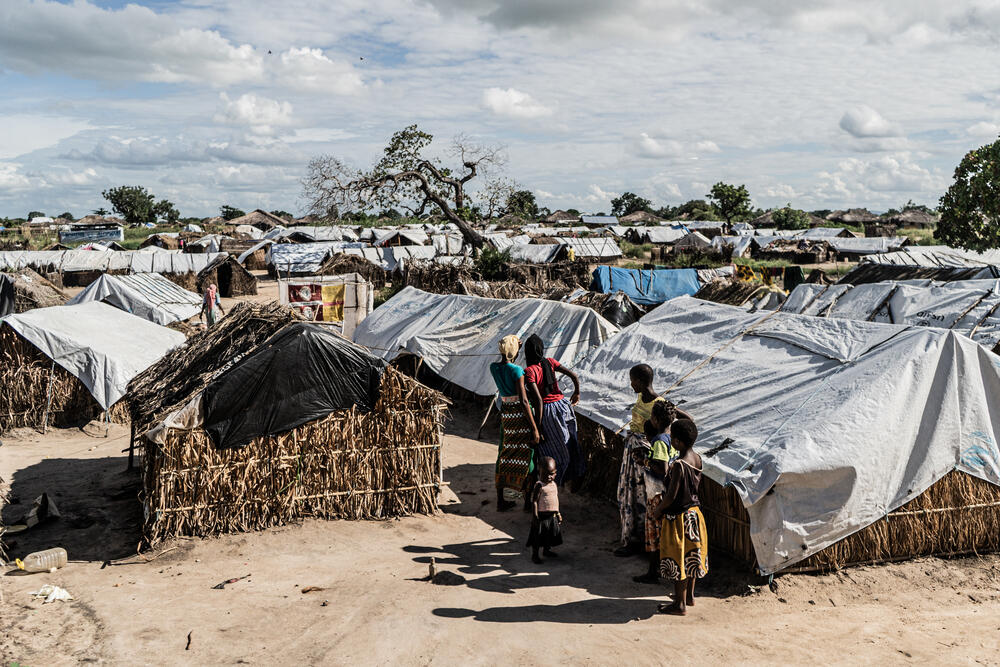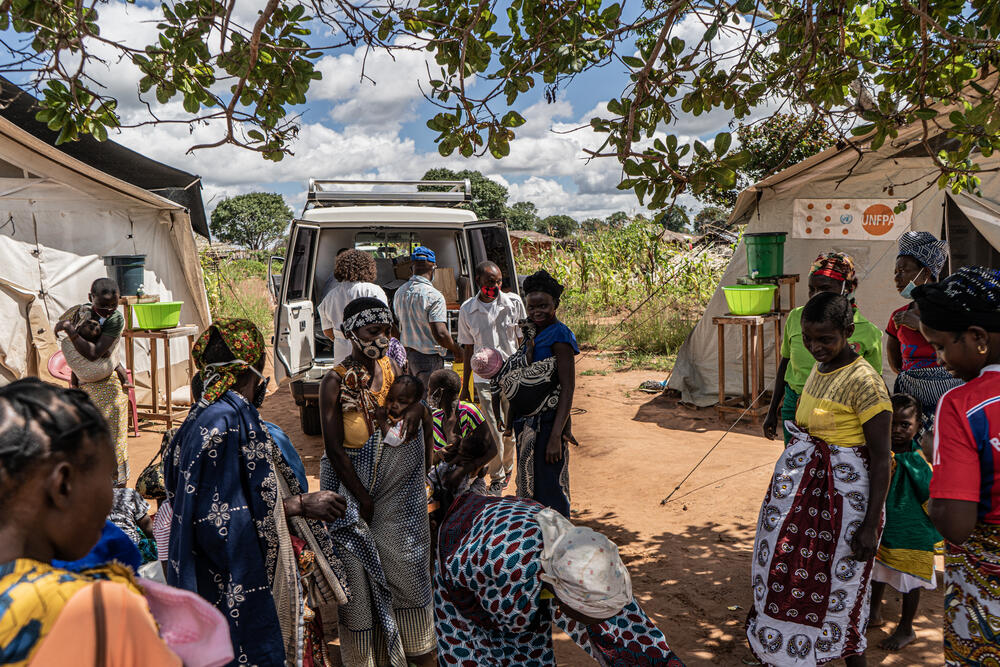Conflict and War
In warzones, MSF does not take sides. We provide medical care based on needs alone, and work hard to try and reach the people who need help most.
If warring parties see aid organisations as being on one side of a conflict, we are less likely to gain access to those in need and more likely to be attacked.
One of the ways in which we are able to demonstrate our independence to warring parties is to ensure that all our funding for work in conflicts comes from private individuals – we do not accept government grants.
Immediate response
Conflicts, be they international wars or internal disputes, can have many consequences. Fear of violence or persecution uproots entire communities and, for those who stay, many are often left without access to medical care. Conflicts normally lead to a rise in trauma injuries, but also lead to problems for people needing normal medical care, such as for complications with pregnancy or chronic diseases such as diabetes.
Psychological distress and mental illnesses also generally rise. Sexual violence is sadly all too common in conflicts too. We try to fill these gaps with highly experienced doctors, nurses and logisticians who provide specialised medical care and logistical support.
Intense violence
During times of intense violence, our teams often have to work with a great deal of flexibility. In 2011, with ongoing violence engulfing medical facilities in Misrata, Libya, an MSF team had to find a way to safely and quickly evacuate a large number of severely wounded patients from the city. The team chartered a fast passenger ferry, stripping it of its seats so that plastic sheeting and mattresses could be laid and IV lines set up. “The violence caused an influx of wounded people and it was fortunate we could be there and get them onboard,” said Helmy Mekaoui, an MSF doctor who coordinated the medical evacuation. Despite the rough seas, the boat safely arrived in Tunisia the following day with 20 ambulances waiting to take the 71 patients to hospital.
MSF logistician, Annas Alamudi, said: “As far as I’m concerned, it was a successful operation and I’m glad we could help. There were sick people who needed to get out, and we got them out. Job done.”
Highly experienced staff
Working in a warzone can be an extremely frightening, stressful and disturbing experience. Because of this, we only allow highly trained and experienced staff who have volunteered themselves to work in such situations.
Paul McMaster, a British surgeon who has worked extensively with MSF, still finds high security missions challenging. After returning from a mission in Syria where he treated the wounded in an operating theatre set up in a cave, he said: “I've worked in many difficult places with MSF – war zones like Sri Lanka, Ivory Coast and Somalia – but while in those countries it was dangerous on the ground, in Syria the danger always comes from the air.
Security
Although we accept that it is impossible to exclude our staff from every form of risk, we do our utmost to manage them through our strict security measures.
Before starting a new project, and throughout its run, we are continually assessing risks. Each field mission has specific and detailed safety regulations in place, outlining strategies and specific security measures and responsibilities. Among these regulations, MSF holds a strict ‘no-weapons’ policy in all of our clinics, vehicles and health centres. For the safety of our staff and patients, it is crucial that no armed people are in our hospitals. Naturally, we will treat fighters who need medical help, whatever side they are on, but they and their colleagues must leave their weapons outside. The presence of anyone who is armed heightens the chances of our facility becoming a target of violence.
Conflict and War: News and Stories

MSF statement on sharing staff information and humanitarian operations in Palestine

Addressing frequently asked questions and allegations about MSF’s work in Palestine



